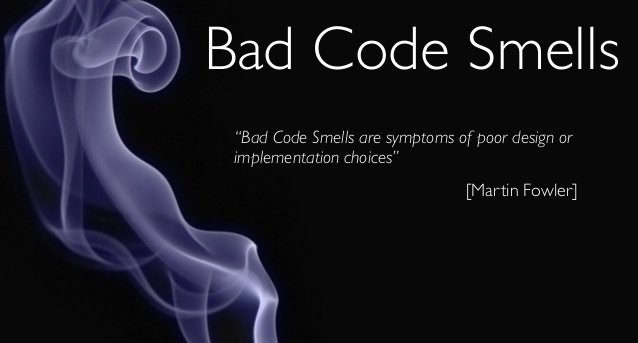What is a Code Smell?
A code smell is a hint that something might be wrong in the code. It doesn’t necessarily indicate a bug but rather suggests that the code might be hard to maintain, complex, or not easily understandable. Addressing code smells often leads to improved code clarity and maintainability.
Why Are Code Smells Important?
Ignoring code smells can lead to:
Some Common C# Code Smells With Examples:
1. Long Method:
A single method does too much, making it hard to understand and modify.
Solution: Refactor the method into smaller, single-responsibility methods.
2. Magic Numbers:
Using unexplained numbers or strings in the code, making it unclear why that specific value is used.
Solution: Replace magic numbers with named constants.
3. Duplicate Code:
Repeated code across the codebase.
Solution: Extract the common code into a method or create a utility class.
Wrapping Up
This is just the tip of the iceberg! The realm of code smells is vast, and the examples given here are basic. The key is to be always vigilant. The moment you feel something is “off” about the code, it might be a code smell. Addressing these smells early on can save a lot of time and effort in the future.
Remember, the essence of refactoring due to code smells is not about criticizing the original author (sometimes it’s ourselves!), but about continuously improving the code for the betterment of the project and the team.
Happy coding, and always keep your nose out for those smells!









